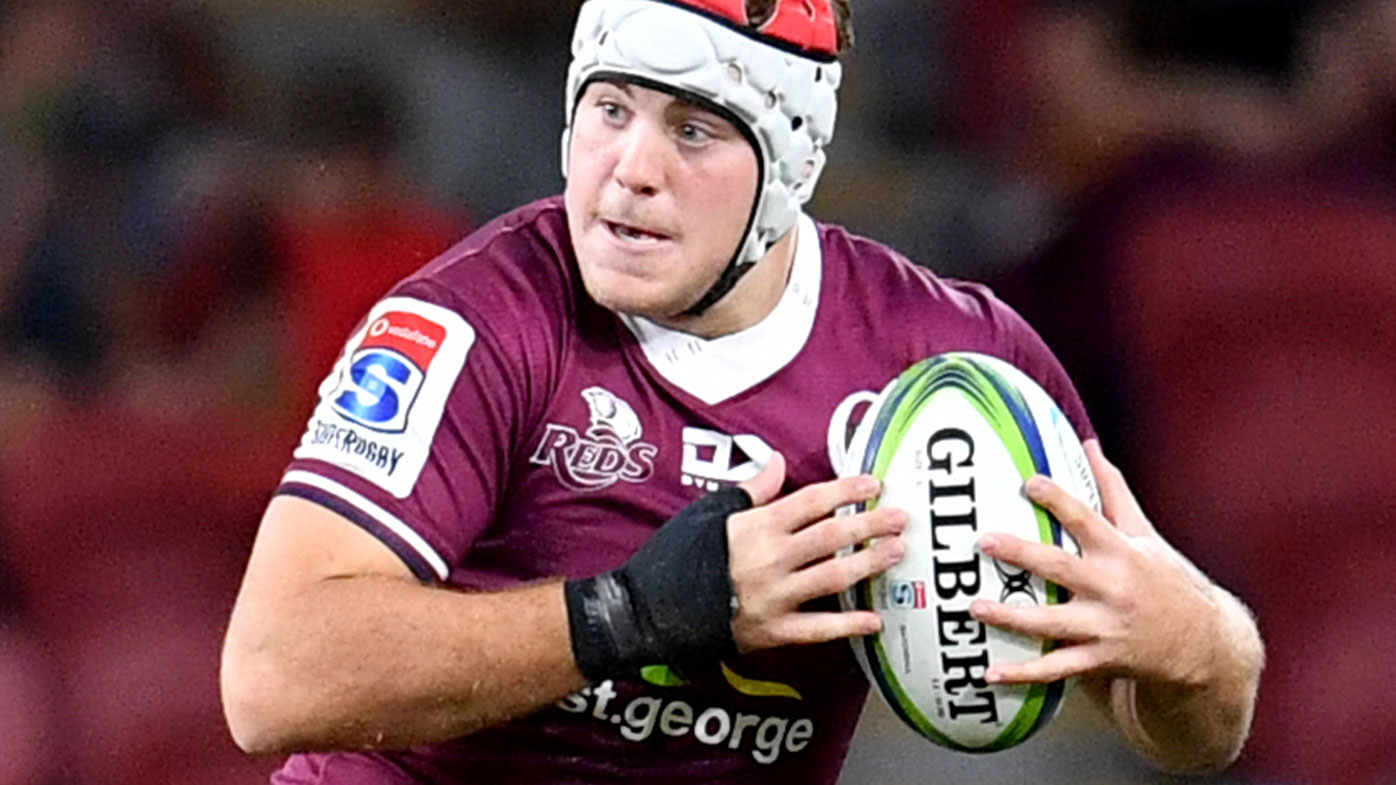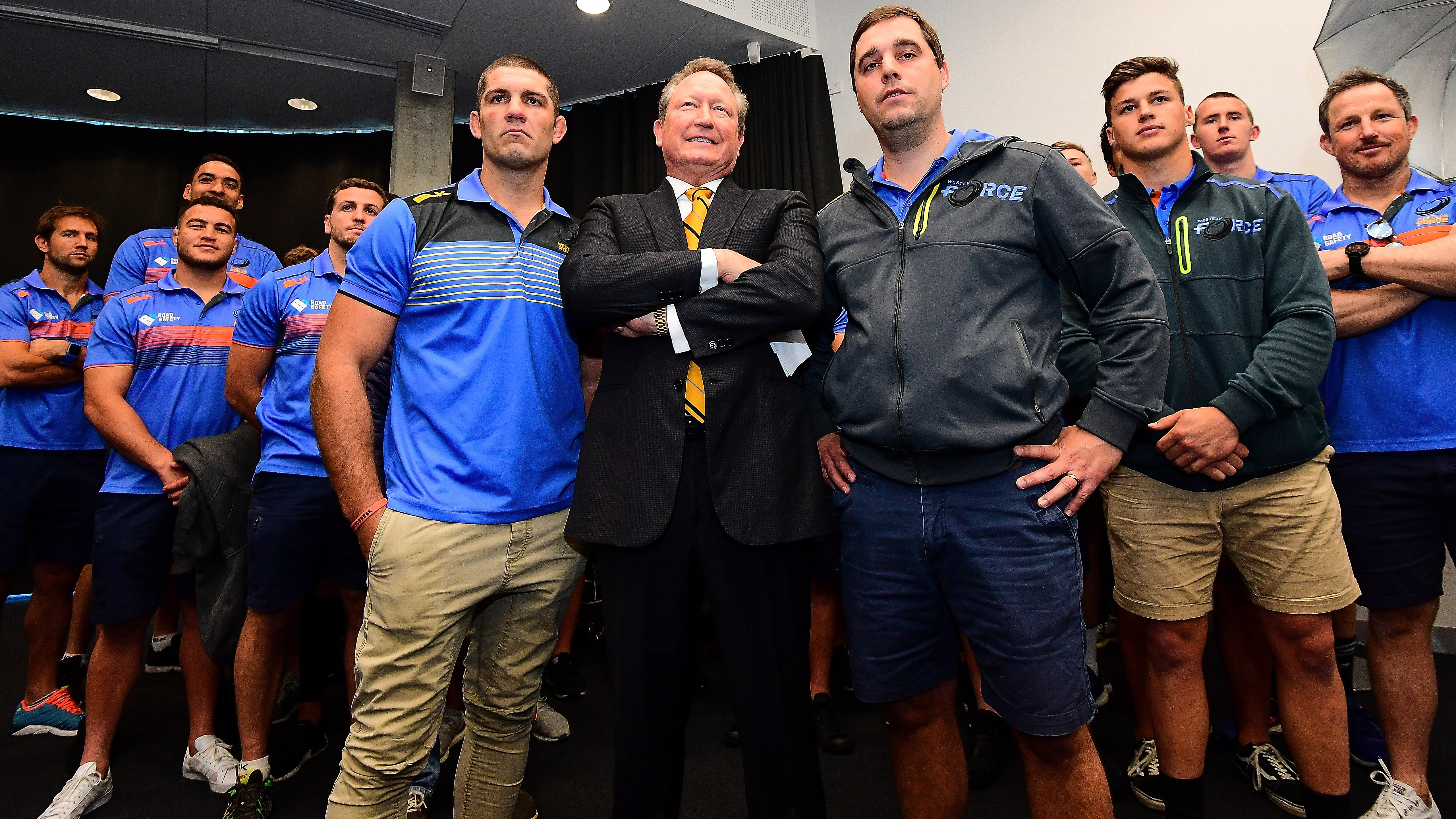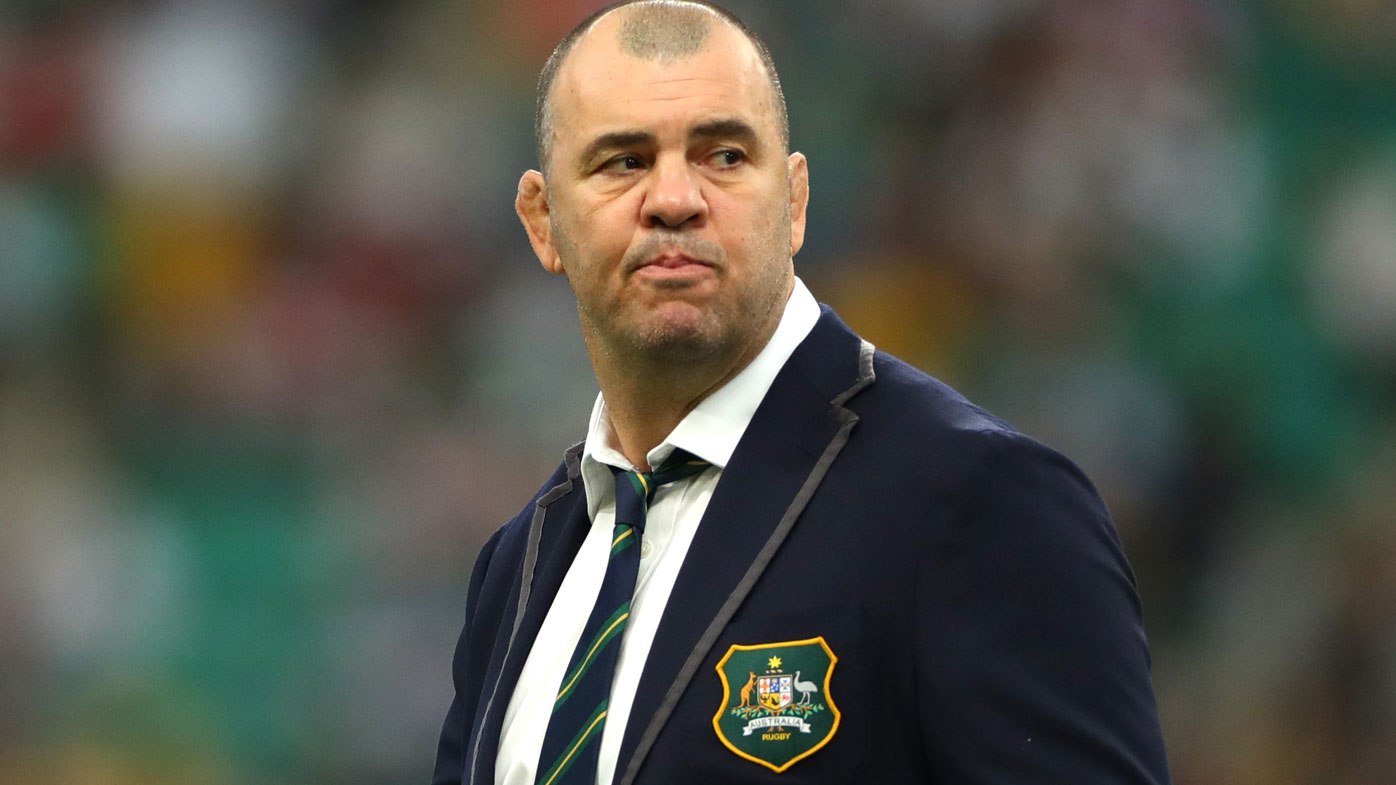COVID-19 has seen rugby union in Australia fall to its knees and the professional element of the game crash to the brink of oblivion.
But might it have saved the game in Australia too?
Not too dissimilar to when Paul Keating told Australians in late 1990 that "this is the recession we had to have", professional rugby has long needed a complete overhaul in Australia to move with the times.
Yet, it's taken a recession for Rugby Australia to take the bull by the horns.
SANZAAR's Super Rugby model has long been broken in this vastly competitive sports market.
Eventually the tournament's shortcomings were going to come home to roost. The South African home matches, played in the middle of the night in Australia, and long stretches abroad for our own franchises proved long ago to be a formula conspiring against the competition. It was never going to be the right model to help state unions stay financially afloat and keep fans captivated, particularly when, as happens in cycles, teams struggle for success.

Were it not for COVID-19, however, rugby, at least in Australia, would have likely continued to sink further into the abyss.
The game's administrators have long known the tournament's flaws, but haven't had the gumption to make the necessary changes.
Like politicians failing to act on climate change because of short-term financial and electoral fears, Rugby Australia has had eyes fixated on keeping the game alive rather than driving it into the future.
In many respects, it was giving the game its death sentence by locking Australia into another five years of Super Rugby madness before COVID-19 stopped Rugby Australia's last-minute scramble to find a broadcaster dead in its tracks.
A broadcast deal with traditional partners New Zealand and South Africa would have secured Australia's future in the short-term, but it would have also seen more and more followers turn away from the game.
Perhaps the scheduled British and Irish Lions tour in 2025 and a successful World Cup bid two years later would have injected a new cash bonanza into Australian rugby as it did in 2001 and 2003.
Perhaps too – with Rugby Australia's current national eligibility laws in play – the prospect of playing against the Lions and playing in a home World Cup would have swayed some of the game's most talented players from heading overseas.
But assuming the game is still alive by then, it's likely that they would only be short-term fixes to a broken model.
It – the structure of Super Rugby – is what former Wallabies coach Michael Cheika was alluding to in his candid recent interview with The Times when he lamented Rugby Australia's lack of vision for the game.
"One of the reasons I started falling out with the (Rugby Australia) management was I had a very different view of Super Rugby," Cheika told The Times.
"This was two or three years ago in the executive room when I was invited in. When it was time to renew Super Rugby, I thought we had to go a different way. The proof was in the pudding because all teams were losing money.
"The Super Rugby teams are now running off the smell of an oily rag. But back then, the discussion was shut down every time. Now that's all everyone's talking about. It's not that you don't love playing in South Africa and Argentina teams, it's unreal."
Indeed, three years ago, in the months before the decision was handed down by the Australian Rugby Union (now Rugby Australia) to cull the Western Force because of financial reasons, Cheika invited a handful of journalists to his Sydney home and spruiked the idea of a trans-Tasman competition.

If New Zealand didn't join because of fears of a drop in standard against Australian sides increasingly failing to compete and broadcast revenue, then, what the heck, Cheika said, let's go at it alone.
The Wallabies coach, who knew the pros and cons of Super Rugby having coached the Waratahs for three years, believed that if New Zealand didn't join immediately, it wouldn't be long until our ANZAC neighbours got itchy feet and recognised the impracticality of travelling over Australia and across the Indian Ocean to play every second week.
Coverage and content were gold and even if it was just an Australian competition only, with some shrewd operators marketing the game, Cheika believed rugby could once again compete with the other winter sports.
As Cheika told The Times, now it – a trans-Tasman competition – is front and centre of Rugby Australia's mind, particularly given international travel is by no means a guaranteed prospect by the time next year's Super Rugby competition is supposed to start in February because of COVID-19.

Even if Super Rugby was to resume as business as usual in 2021, reports have surfaced that South Africa's remaining four sides in the competition could join their two other culled franchises – the Kings and Cheetahs – in Europe's PRO14 competition as early as 2023.
Whether or not Rugby Australia can convince New Zealand Rugby of the merits of a trans-Tasman competition remains to be seen, but it's understood that the game's current broadcaster – Fox Sports – would look favourably upon such a tournament.
As soon as the Kings and Cheetahs were culled in 2017 and then found homes in Europe months later it appeared inevitable that South Africa's future was in the same time zone as Europe and, therefore, the southern hemisphere's once-prized competition would be blown up.
COVID-19 has just sped up the process.
It could well prove to be a blessing in disguise.
from WWOS https://wwos.nine.com.au/rugby/super-rugby-correction-a-covid-blessing-for-the-future/ba264629-8c01-42cc-901e-42cd62266832


0 Comments